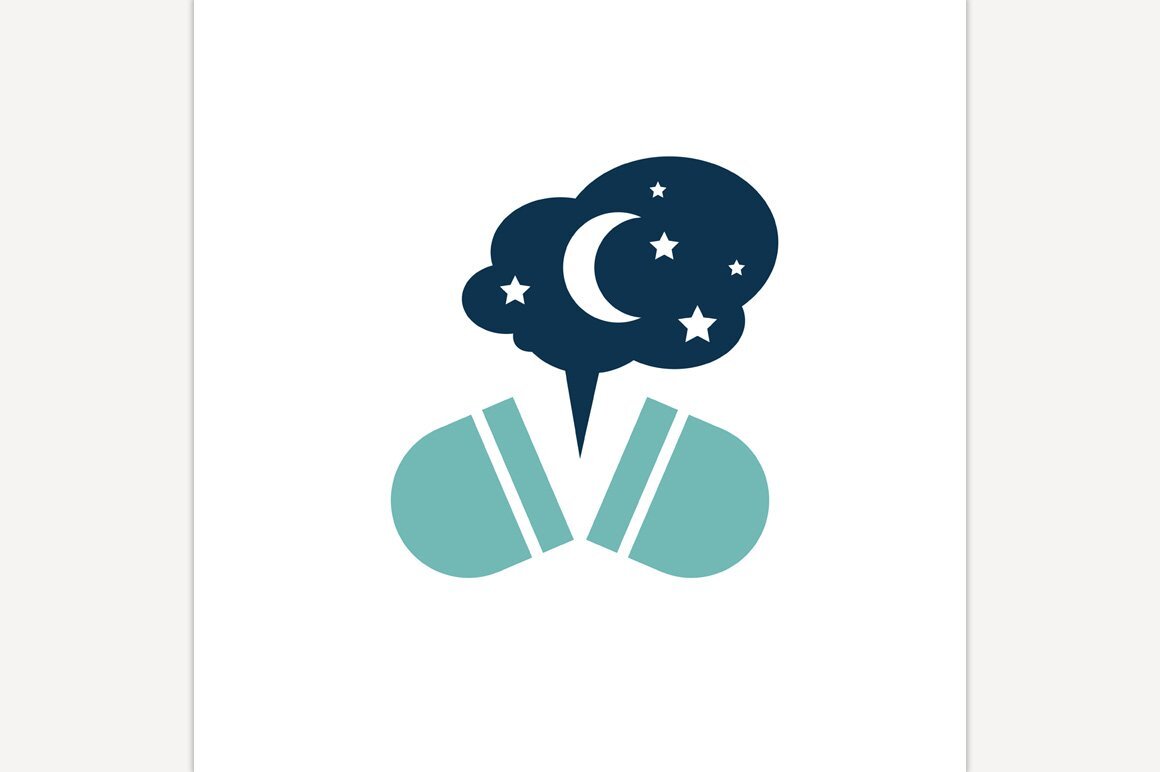Understanding the Impact of Melatonin Use on Adolescent Functioning: A Pilot and Feasibility Trial of the Melatonin Adolescent Research Study (MARS)

Insufficient sleep affects about 70% of the adolescent population in the United States. Poor adolescent sleep in particular is linked to impaired academic performance, lower cognitive functioning, poor emotional regulation, and poor mental health. Treating sleep disturbance with exogenous melatonin has significantly increased over the past decade, as it is listed as the second-most used natural product within a child population by the National Institutes of Health. Further, adolescents 13 years of age or older are the most likely age group to be recommended melatonin for sleep difficulties, yet the acute effects of melatonin on sleep, daytime functioning, behavior, and mood are largely unknown.
MARS plans to fill this gap through a feasibility study that (a) focuses on typically developing adolescents aged 13-17, a neglected population in previous studies; (b) is experimental in nature, to allow for cause-effect inferences; and (c) measures multiple outcome domains, including both objective and subjective data, to maximize scientific yield. The investigative team includes expertise in pediatric neurology, health psychology, and sleep and are uniquely positioned to investigate the relationships between adolescent melatonin supplementation; sleep (i.e., actigraphy, sleep disturbance, fatigue, dim light melatonin onset); daytime functioning (i.e., mood, emotional regulation, behavior difficulties, physical activity); and any reported adverse effects.
Findings from this study will allow for preliminary causal conclusions about the potential benefits and risks of exogenous melatonin in typically developing youth with behavioral sleep concerns. Doing so will provide much needed empirically supported guidance to medical professionals and caregivers when considering melatonin supplementation as a treatment for adolescent sleep difficulties.
Participant recruitment for this study has been completed.


